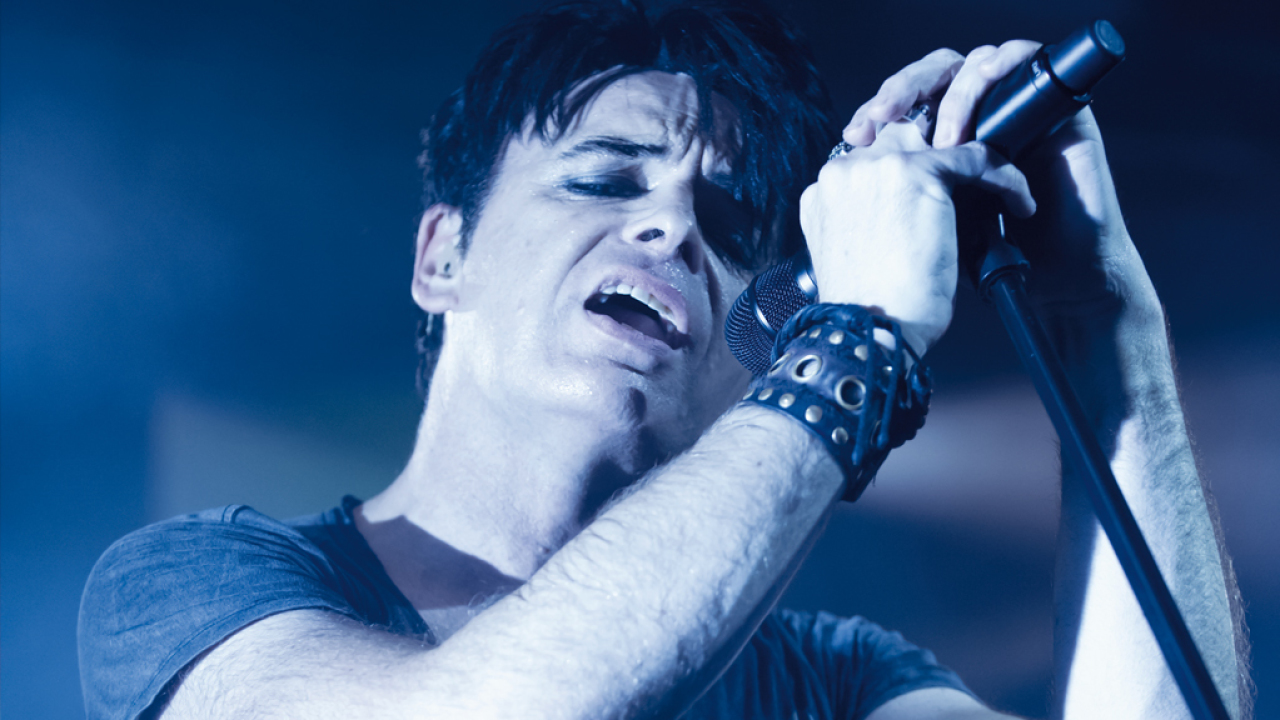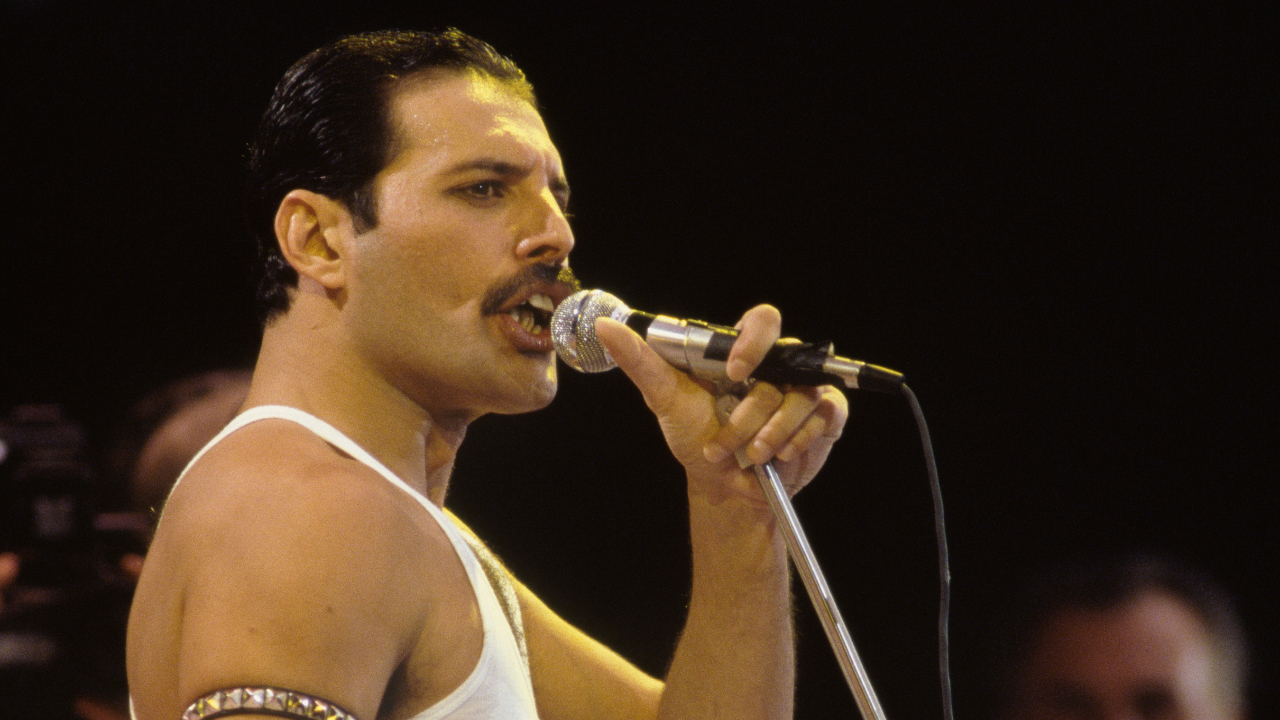Technology: Gary Numan
Electric wizard.

Select the newsletters you’d like to receive. Then, add your email to sign up.
You are now subscribed
Your newsletter sign-up was successful
Want to add more newsletters?

Every Friday
Louder
Louder’s weekly newsletter is jam-packed with the team’s personal highlights from the last seven days, including features, breaking news, reviews and tons of juicy exclusives from the world of alternative music.

Every Friday
Classic Rock
The Classic Rock newsletter is an essential read for the discerning rock fan. Every week we bring you the news, reviews and the very best features and interviews from our extensive archive. Written by rock fans for rock fans.

Every Friday
Metal Hammer
For the last four decades Metal Hammer has been the world’s greatest metal magazine. Created by metalheads for metalheads, ‘Hammer takes you behind the scenes, closer to the action, and nearer to the bands that you love the most.

Every Friday
Prog
The Prog newsletter brings you the very best of Prog Magazine and our website, every Friday. We'll deliver you the very latest news from the Prog universe, informative features and archive material from Prog’s impressive vault.
Detractors will often argue that synthesisers took the human emotion out of pop music.
I think the complete opposite. You can play the same melodies as someone with a guitar or piano and make it sound just as heartfelt. But the synthesiser also lets you shape the very sound itself that conveys that emotion.
The first Tubeway Army album was intended to be guitar-based, but then you discovered a Minimoog synth in the studio.
The first thing that attracted me to the Minimoog was the power of it. The very first sound that came up was that really heavy, low-end growl that it’s so good at. And the whole room shook. You could plug a guitar into as many Marshall stacks as you like and it wasn’t going to do that.
Did you have to fight to get that album released in 1978?
Oh yeah. I took the recording back to Beggars Banquet and the two directors – Martin Mills and Nick Austin – weren’t happy. It wasn’t the punk-pop crossover they were expecting. But I was really passionate about it. I was convinced that sort of music was going to become massive. We had a row, which got more and more heated. In the end, Martin said: “Look, let’s go for it and see what happens.”
Sign up below to get the latest from Classic Rock, plus exclusive special offers, direct to your inbox!
Freelance writer for Classic Rock since 2008, and sister title Prog since its inception in 2009. Regular contributor to Uncut magazine for over 20 years. Other clients include Word magazine, Record Collector, The Guardian, Sunday Times, The Telegraph and When Saturday Comes. Alongside Marc Riley, co-presenter of long-running A-Z Of David Bowie podcast. Also appears twice a week on Riley’s BBC6 radio show, rifling through old copies of the NME and Melody Maker in the Parallel Universe slot. Designed Aston Villa’s kit during a previous life as a sportswear designer. Geezer Butler told him he loved the all-black away strip.

